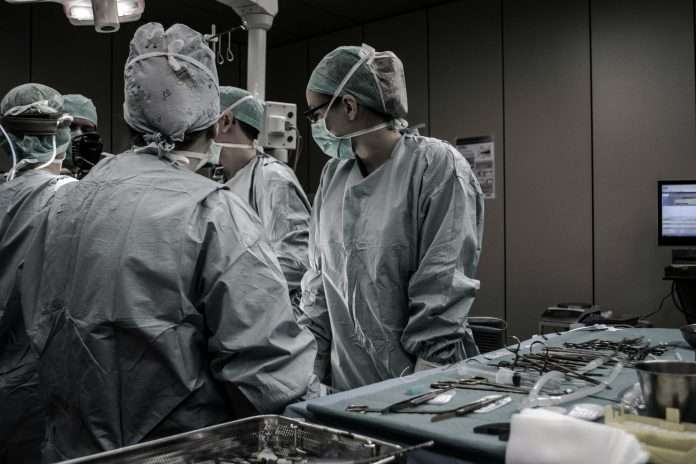Public and social care systems across many countries are currently strained, grappling with ageing populations and a parallel increase in the demand for health services. These challenges are compounded by stagnant public healthcare budgets and a shortage of skilled healthcare professionals.
According to Tietoevry, in response to these pressing issues, Tietoevry Care is harnessing the power of artificial intelligence (AI) and machine learning to enhance health outcomes and reduce the workload on care professionals.
Niina Siipola, head of AI and Data Solutions at Tietoevry Care, explained the role of AI in healthcare, stating, “We envision AI being a health and social care assistant, with care professionals able to use the technology to surface valuable information, write up patient notes and even make connections between various data points. Automating administrative tasks in this way frees up more time to spend on caring for patients.”
Tietoevry’s Lifecare Data Platform is crucial in this innovation, enabling the aggregation and management of data from multiple sources which is essential for powering AI-driven health services. The platform enjoys widespread use in the Nordics and includes a solution that anonymises any potentially identifying data before it is processed by Large Language Models (LLMs), ensuring compliance with strict privacy and security regulations.
Reflecting on the integration of AI in healthcare, Siipola remarked, “We’ve been working with AI in healthcare for some six years now, so we’ve learned a lot about the customer needs and the technology challenges. There are also security and privacy regulations to consider. We are very careful about how and where we use AI, as we want to avoid privacy issues when using real-world data for AI development and products.” She emphasised Tietoevry Care’s commitment to a regulatory-compliant approach to security and privacy, bolstered by their extensive experience in the field.
Tietoevry Care’s ongoing projects include a significant collaboration with Helsinki University Hospital (HUS). Together, they are developing machine learning algorithms and data lake capabilities essential for diagnosing groups of rare diseases. “We had the first validation round earlier this year and we are now continuing to refine some of the processes. Our expectation is that the solution will be in larger clinical validation before the end of 2024,” Siipola shared.
This partnership also extends to a new two-year research project funded with more than one million euros, aimed at exploring the potential uses of LLMs in healthcare. One promising application being piloted is an AI-powered speech-to-text technology that allows care workers to dictate patient notes. This not only speeds up documentation but also structures the data and corrects typographical errors, potentially halving the time doctors and nurses spend on writing patient journals.
Moreover, Tietoevry Care is investigating how AI can improve the management of customer feedback within healthcare settings. In a pilot project in Finland, an AI assistant categorised over 4,900 pieces of anonymised customer feedback, analysing the tone and various other aspects to reduce manual work and utilise feedback for continuous service improvement.
These AI applications represent not just day-to-day operational enhancements but also steps towards a smarter, more interconnected care system that can significantly improve healthcare outcomes for all involved.
Keep up with all the latest FinTech news here
Copyright © 2024 FinTech Global





